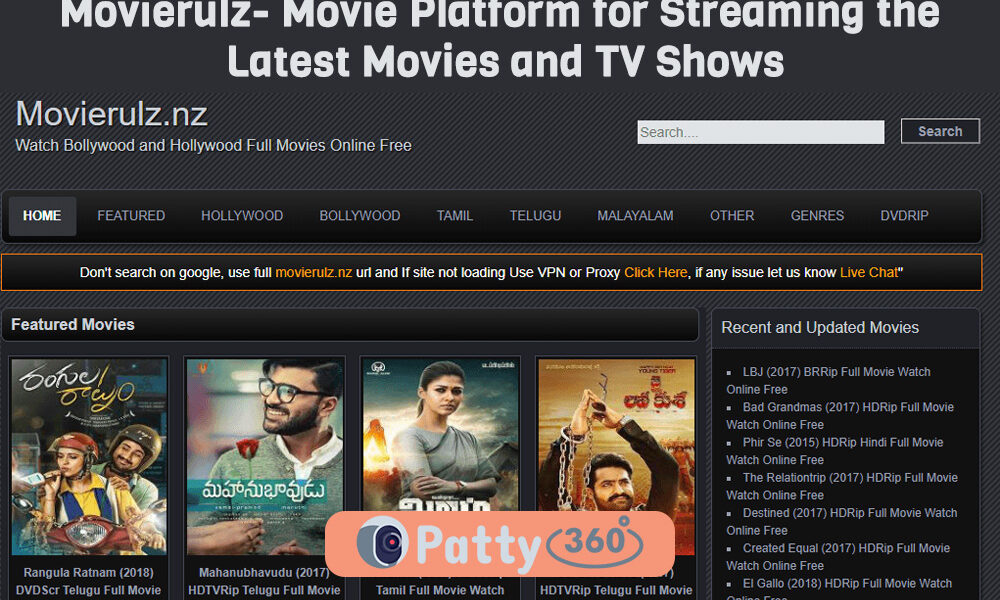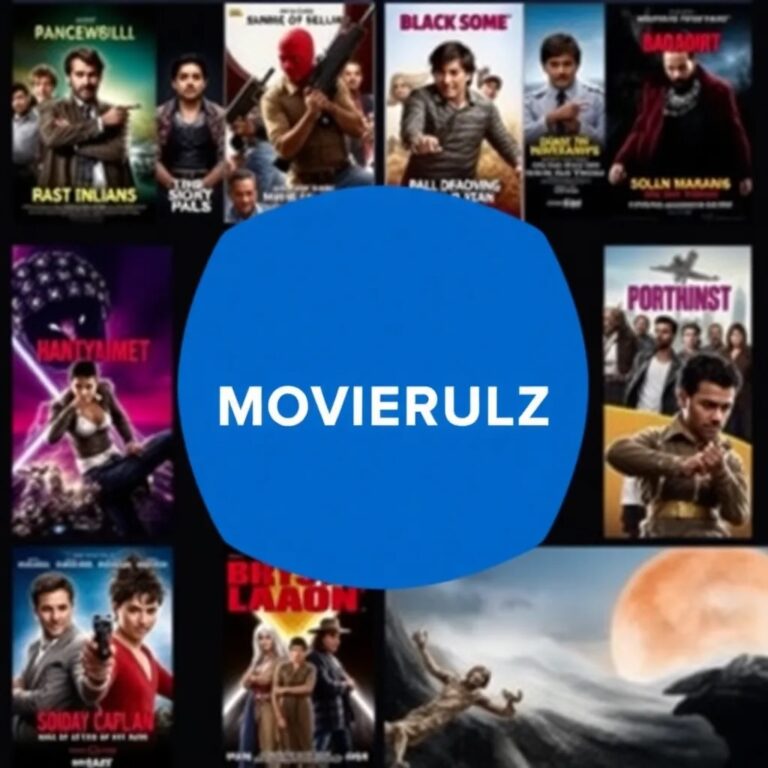Ever find yourself utterly lost in the vast, swirling sea of cinema? The truth is, navigating the world of movies can feel impossible without some guiding principles, without some... 7movie rulz, if you will. This isn't about snobbery, it's about maximizing your viewing pleasure, about understanding the language of film, and about having smarter conversations about the art form we all love (or love to hate).
The internet, bless its chaotic heart, is overflowing with opinions. Everyone's a critic, and that’s fantastic! But how do you sift through the noise? How do you determine whether a film is genuinely groundbreaking or merely benefiting from a savvy marketing campaign? How do you decide between watching the latest superhero spectacle and a lesser-known indie gem that might just change your life? That’s where our "7movie rulz" come in. They're not gospel, but they're a damn good starting point. They’re less about dictating taste and more about equipping you with the tools to form your own informed opinions. And let's be honest, in a world where algorithms are increasingly shaping our viewing habits, taking control of our cinematic destiny feels more important than ever.
| Category | Information |
|---|---|
| Rule 1: Embrace the Subjectivity | Movie appreciation is inherently personal. What resonates with one person might completely fall flat for another. Don't let anyone tell you what you should like. The first of the 7movie rulz is about respecting the diverse range of tastes that exist within the cinematic universe. Your experience is valid. |
| Rule 2: Understand the Context | Every film exists within a specific historical, cultural, and artistic context. Knowing a film's background – the director's influences, the social climate at the time of its release, the technical limitations or innovations – can dramatically enrich your understanding and appreciation. Consider, for instance, the impact of the French New Wave on independent filmmaking or the socio-political commentary embedded within many science fiction classics. |
| Rule 3: Pay Attention to the Details | Filmmaking is a collaborative art form, and every element – from the cinematography and editing to the sound design and costume design – contributes to the overall effect. Train yourself to notice these details. How does the lighting create mood? How does the editing pace affect the narrative? How does the music enhance the emotional impact of a scene? The more attuned you are to these nuances, the deeper your engagement with the film will be. |
| Rule 4: Don't Be Afraid to Disagree | Just because a film is critically acclaimed doesn't mean you have to love it. Conversely, a film that's universally panned might still hold some appeal for you. Develop your own critical faculties and be confident in your own judgments. The beauty of cinema lies in its capacity to spark debate and generate diverse interpretations. |
| Rule 5: Explore Different Genres and Styles | It's easy to get stuck in a rut, watching the same types of movies over and over again. But the world of cinema is vast and varied. Challenge yourself to step outside your comfort zone and explore different genres, styles, and national cinemas. You might discover a new favorite director, a hidden gem, or a completely different way of looking at the world. Watch a silent film. Watch a Bollywood musical. Watch a documentary about competitive cheese rolling. Expand your horizons. |
| Rule 6: Consider the Director's Vision | While filmmaking is a collaborative process, the director is ultimately responsible for shaping the overall vision of the film. Research the director's body of work, look for recurring themes and stylistic choices, and try to understand their artistic intentions. This can provide valuable insights into the film's meaning and purpose. For example, understanding the recurring themes of isolation and alienation in the films of Ingmar Bergman can significantly enhance your appreciation of his work. |
| Rule 7: Engage in Discussion | Movies are meant to be shared. Talk about them with your friends, family, and colleagues. Read reviews, listen to podcasts, and participate in online forums. The more you discuss films with others, the more you'll learn and the more your own understanding will deepen. And remember, respectful disagreement is always welcome. |
| Further Reference | British Film Institute (BFI) |



Detail Author:
- Name : Jonas Auer
- Username : rsenger
- Email : rutherford.evelyn@yahoo.com
- Birthdate : 1979-10-05
- Address : 106 Macejkovic Shoal Olsonberg, IN 02104-6308
- Phone : 859-888-1696
- Company : Will, Hegmann and Bruen
- Job : Travel Clerk
- Bio : Eos soluta ea corrupti similique. Rerum nisi mollitia facere magni modi. Suscipit non ullam ipsum adipisci voluptatem. Vel sit sit fuga non est.
Socials
linkedin:
- url : https://linkedin.com/in/padberg2013
- username : padberg2013
- bio : Ad a eum itaque magni culpa eaque voluptatem.
- followers : 1414
- following : 679
instagram:
- url : https://instagram.com/valerie.padberg
- username : valerie.padberg
- bio : Ipsam libero et tenetur autem similique repellat et. Aut magni in ut ipsum quia velit sed.
- followers : 749
- following : 1230
twitter:
- url : https://twitter.com/valeriepadberg
- username : valeriepadberg
- bio : Voluptatibus in et veritatis repellendus repellat in voluptate. Sunt repellat natus aut. Quisquam autem asperiores aut eveniet dolorem sapiente.
- followers : 6636
- following : 2406